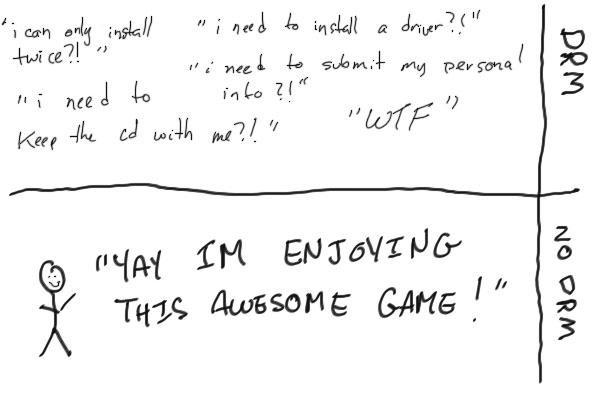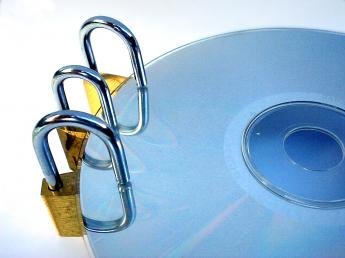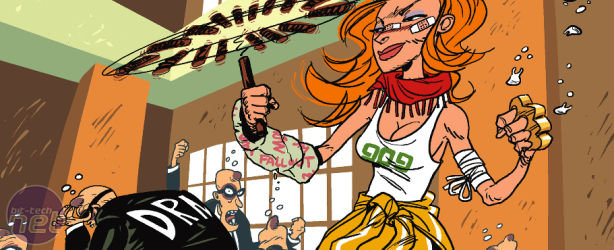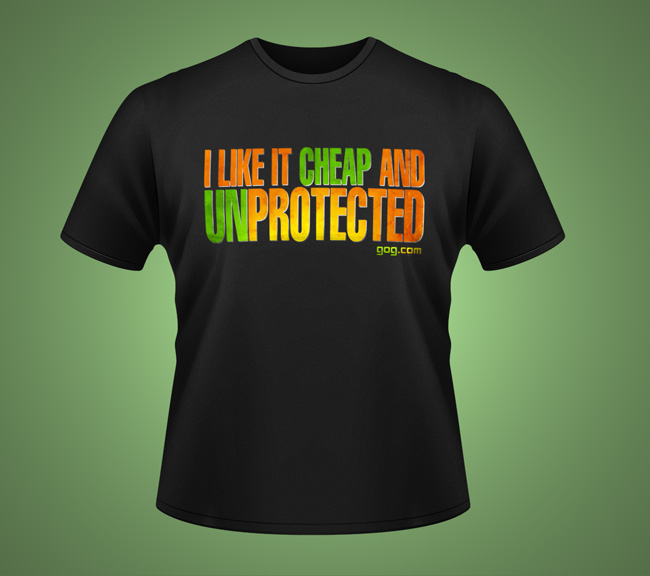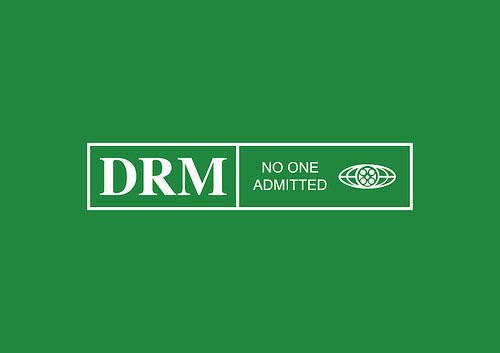“I do not believe in forcing anyone to buy our game. If they do not want it and they pirated it, it means we did not have the right offer for them – maybe the price was too high and they will buy it later on a year or two after the release when it will be more affordable.” – CD Projekt CEO and Co-founder Marcin Iwinski (known for The Witcher 2 amongst many many others). I found this first a bit suprising that anyone so well known in the industry would utter these words despite the undeniable truth behind them, and secondly I think it raised an interesting and highly debatable topic regarding the differing retail price of video games across their various platforms and modes of sale. Speaking to PC Gamer recently, Iwinski shared his uber intelligent views (and no im not being sarcastic), regarding the use of DRM as an anti-piracy measure. More importantly though is that he seems to understand the very simple notion that 1 million pirated copies does not equal 1 million lost sales, something everyone else seems to forget.
In an nutshell, the use of DRM as an anti-piracy measure has proved time and time again to be absolutely useless when it comes to stopping pirates playing your game illegally, and also inconveniences, and in many cases reduces the functionality for legitimate users who purchased your game. Iwinski admits that pirates have always been his main competition, and rather than try and fight a losing battle, decided the best plan of action was to offer loyal customers something the pirates can’t; tangible extra content, a plan that has been met with much success. Soundtracks and walkthrough guides, making of DVD’s, stickers and figurines to name a few have all been used to boost the appeal of legally bought versions. As a rough estimate, Iwinski believes The Witcher 2 has been hit by at least 5 million pirates, but is careful not to relate this to lost sales. His calculations were suprisingly leniant and highly accurate, and even with such punishing figures still believes in putting money and time into finding ways to reward legal customers rather than wasting their time trying to punish pirates, which has little success. When asked about other forms of protection such as that used by Bohemia in Take on Helicopters, where pirated copies of the game slowly degraded, Iwinski, although positive was also realistic, stating “Ultimately it will (also) be cracked”.
When looking at piracy, Iwinski firmly believes that you can “convince almost any gamer to buy legal games if only you have the right offer for him/her. Piracy must be looked at on a cultural level, something Iwinski and his team have definiely not overlooked, carefully taking into consideration variables such as disposable income, and how games are traditonally consumed in that country or community. Using the Witcher 1 enhanced edition as an example, it shows that even a year after its initial release, by offering customers something else of value (most sold at around $40) and looking after them, they will support you. He goes so far as to say he is happy that so many pirates enjoyed the game so much that when they could afford it they decided to purchase a legal copy. Simply a mature approach to the issue of piracy, and one that most importantly will not inconvenience or exclude any loyal customers wishing to get the full experience from your games. There is however no real way of knowing how many people who actually had pirated it went on to purchase it legally.
This brings me onto my next topic of debate which is the enormously varying prices of retail games within bricks and mortar stores as well as online, and how much gamers really think they should be paying for those AAA titles. Marketers have always been using expensive price points to give the perception of quality, and I think its come the time when the majority of gamers can see through this thin veil of empty promises. As out wallets become as thin as some of the storylines and gameplay in many of todays popular franchises, many gamers are quite obviously seeking alternatives judging from recent studies into piracy through torrents. Many are turning to online stores, especially ebay where new releases can be found for up to half the price even on the day of release. Others still are delving into piracy, tired of paying premium dollar to help fund useless anti-piracy measures that usually detract from their own experience.
I understand the enormous amount of hard work and money that goes into bringing to market the games we spend so much of our time enjoying. The talents of the developers and everyone behind the scenes is uncomprhensible, yet I still cant justify the $100+ price tags asked of us gamers for a new AAA title. So I ask you all, what are your games worth to you, taking into account the amount of pleasure they give you in relation to the cost of your other forms of entertainment? Maybe I’m wrong and you all feel these prices are in line with what is on offer, but I honestly believe there is a price point way below the current being asked that would increase profits and reduce piracy. There are so many things that could be done but in reality any money you get for it from a pirate is money you otherewise wouldnt have ever seen.
I want to leave you all with a note on pirates and the categories they fall, from wealthy professionals with families to schoolkids with too much time and not enough money on their hands. I’ve been involved with gaming before the release of any consoles and I’ve seen companies fighting piracy with NO success for over 25 years. I’ve grown up with gamers that to this day have owned illegally pretty much everything ever released, yet also spend twice the amount of money on consoles, games and accessories than the average avid gamer. Any game they played through and enjoyed are purchased and left sealed, a tribute to the quality of the game and the development team alike. Any games they decide are not for them are deleted for no other reason then they have no further use, and nothing is lost or gained by either party involved. Yes you can hire games and check them out but thats still $10 lost on something you might not want. If you do decide you enjoy it and decide to purchase it, I cant remember a service that puts that $10 towards the game. What I guess I’m trying to say is there is no typical defintion of a pirate, they come from all walks of life and would encomplass many within your circle of family and friends to one extent or another.
There seems to be a massive cultural shift towards a very nonchalant attitude regarding online piracy, in unregulated markets such as Russia as well as in highly regulated Western countries. Those who arent able or willing to download material themselves are still ethically and morally fine with either purchasing it or receiving it from friends. Many of my friends have recently told me of these buses that turn up to their worksites but instead of selling food they are packed to the roof with pirated material at 70% of the price of the retailers. Saying that I also know that people download games as they simply dont have the money to buy them or dont want to, so really, there was no chance of your studio ever seeing any money from them regardless of how cheap the game is or whether they download it or not. This I would imagine is a very small group and as Irwinski notes not worth worrying about.
Piracy and those involved in reverse enginerring, circumventing and such related activities have and will always be a huge part of the gaming phenomena. For every $1 you put into fighting piracy, the commuinities behind these guys will produce $2. For every hour of manpower you put into developing a new security system they will find 2, even if it means hacking a 25 hour day somehow. Sony learnt this in two ways, firstly in their court case against Geohot whose entire bill was footed through donations from various groups and individuals worldwide, and secondly in the continued relentless attempts which seem to have gained more vigour as of late, to break the PS3 security yet again. Microsoft also have had a thorn in their side from day one, in the form of the infamous and exceptionally respected coder C4Eva, who to this day continues to find ways to remove any and all security settings Microsoft can implement on the 360 consoles and games. If you were a business that was consistently throwing money into a project that never gave results wouldnt you surely after over 20 years abandon it or get it right. Anyway, thats it, enough of a rant, but thumbs up to Marcin Iwinski for boldly going where no man has gone before, let the pirates do as they please, and spend the money rather on giving those who respect what you’ve made a little something more.


